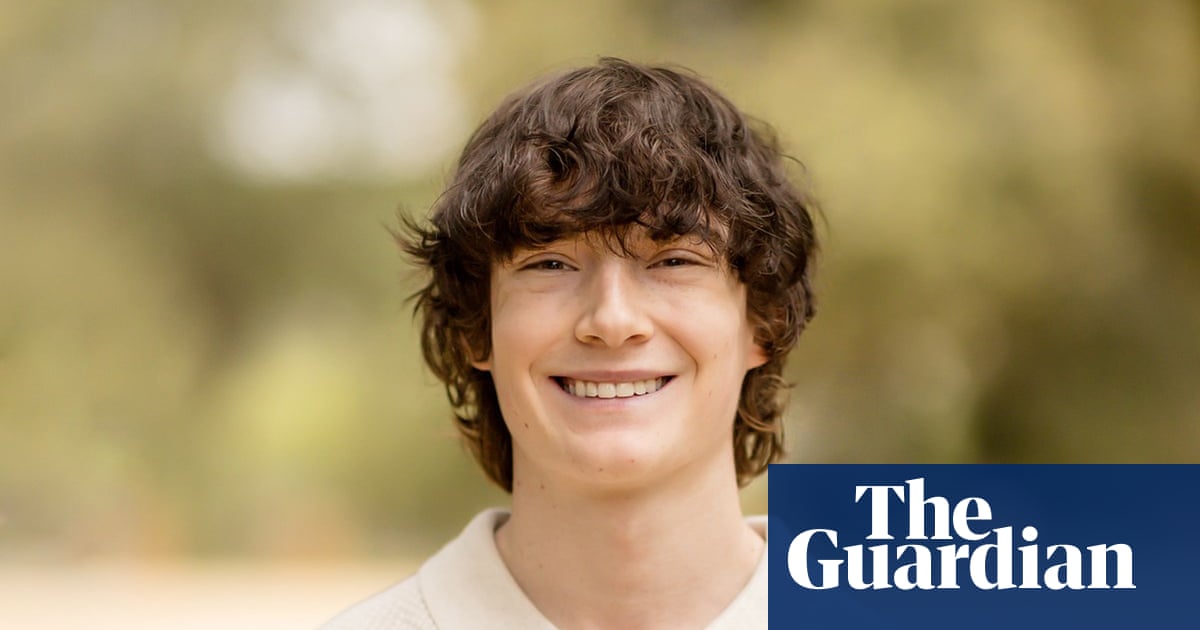The makers of ChatGPT are changing the way it responds to users who show mental and emotional distress after legal action from the family of 16-year-old Adam Raine, who killed himself after months of conversations with the chatbot.
Open AI admitted its systems could “fall short” and said it would install “stronger guardrails around sensitive content and risky behaviors” for users under 18.
The $500bn (£372bn) San Francisco AI company said it would also introduce parental controls to allow parents “options to gain more insight into, and shape, how their teens use ChatGPT”, but has yet to provide details about how these would work.
Adam, from California, killed himself in April after what his family’s lawyer called “months of encouragement from ChatGPT”. The teenager’s family is suing Open AI and its chief executive and co-founder, Sam Altman, alleging that the version of ChatGPT at that time, known as 4o, was “rushed to market … despite clear safety issues”.



I think you miss my point. I’m saying that adults, who should be capable of more mature thought and analysis, still fall victim to the manipulative thinking and dark patterns of AI. Meaning that children and teens obviously stand less of a chance.
This is of course true for all parents in all situations. What I’m saying is that it is woefully inadequate to deal with the type and pervasiveness of the threat presented by AI in this situation.